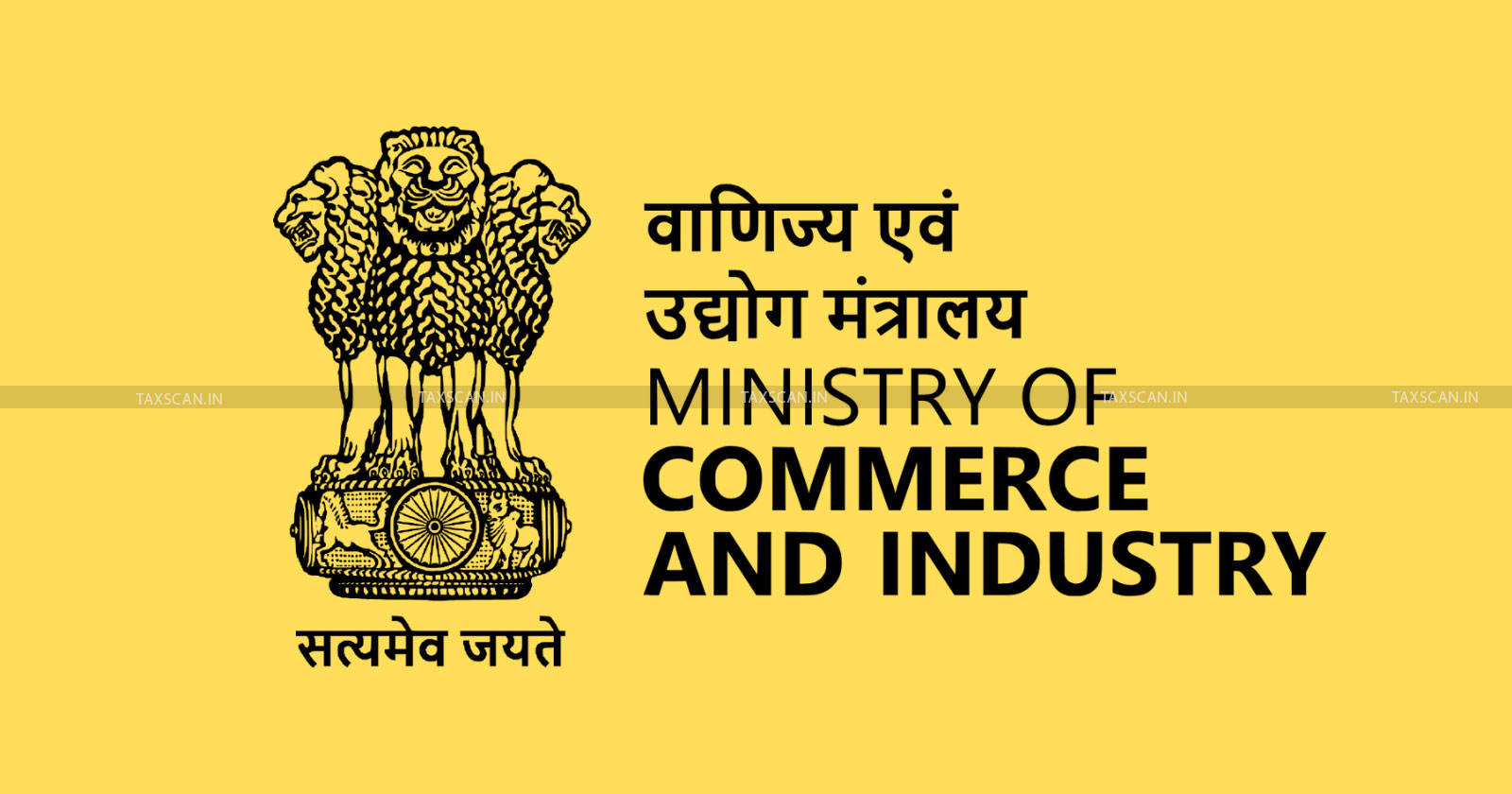Commerce and Industry Ministry notifies Marine Products Export Development Authority (Adjudication of Penalties) Rules, 2024 [Read Notification]
Each penalty order shall specify the violated provision and the rationale behind the penalty

Commerce and Industry Ministry – Marine Authority – Marine Export Development Authority – Adjudication of Penalties – taxscan
Commerce and Industry Ministry – Marine Authority – Marine Export Development Authority – Adjudication of Penalties – taxscan
The Commerce and Industry Ministry has recently notified the Marine Products Export Development Authority (Adjudication of Penalties) Rules, 2024, which outline the procedure for adjudicating penalties.
According to Rule 3, upon receiving a complaint regarding any contravention under the Act, the adjudicating officer must issue a notice in Form-I to the individual concerned. This notice provides the individual with a minimum of seven days to explain why an inquiry should not be initiated.
The rules mandate that every notice clearly specifies the alleged contravention. If, after reviewing the individual's response, the adjudicating officer deems an inquiry necessary, a notice will be issued requiring the personal appearance of the individual or their authorized representative on a specified date. During the inquiry, the adjudicating officer will detail the alleged contravention and the relevant provisions of the Act.
The individual is then allowed to present documents or evidence in Form-II that they believe are pertinent to the inquiry. The adjudicating officer may adjourn the hearing up to three times, with each adjournment not exceeding fifteen days. The officer also has the authority to summon and compel any person with relevant knowledge to provide testimony or documents.
If the individual fails to appear as required, the inquiry may proceed in their absence, with the officer documenting the reasons for their non-appearance. After reviewing the evidence, if the adjudicating officer determines that a contravention has occurred, they may impose a penalty deemed appropriate. Each penalty order will specify the violated provision and the rationale for the penalty and will be dated, signed, and provided to the individual free of charge. The entire process must be completed within six months from the date of the initial notice.
Notices and orders can be served via direct delivery, electronic means, or registered mail to the last known address. If these methods are impractical, notices may be posted on the outer door of the individual's last known residence or business location. Individuals dissatisfied with the adjudicating officer's order may appeal to the appellate authority within sixty days of the order.
If sufficient cause is shown for any delay, the appellate authority may still admit the appeal. The appeal must include a copy of the adjudicating officer's order, the case facts, grounds for the appeal, and relevant sections of the Act and can be submitted in person, by an authorized representative, through mail, or electronically.
Upon receipt of an appeal, the appellate authority will first assess its validity. If defects are identified, the appellant will have fifteen days to correct them; failure to do so may result in the dismissal of the appeal.
Once admitted the appeal, the appellate authority will notify both the adjudicating officer and the respondent, who will have thirty days to respond. Following a hearing, the appellate authority will issue a decision within sixty days of the appeal's admission.
The adjudicating officer or appellate authority may extend any deadlines specified in the rules if justified. All orders under these rules will be dated, signed, and communicated to all involved parties. Penalties collected will be credited to the Consolidated Fund of India.
To Read the full text of the Order CLICK HERE
Support our journalism by subscribing to Taxscan premium. Follow us on Telegram for quick updates


